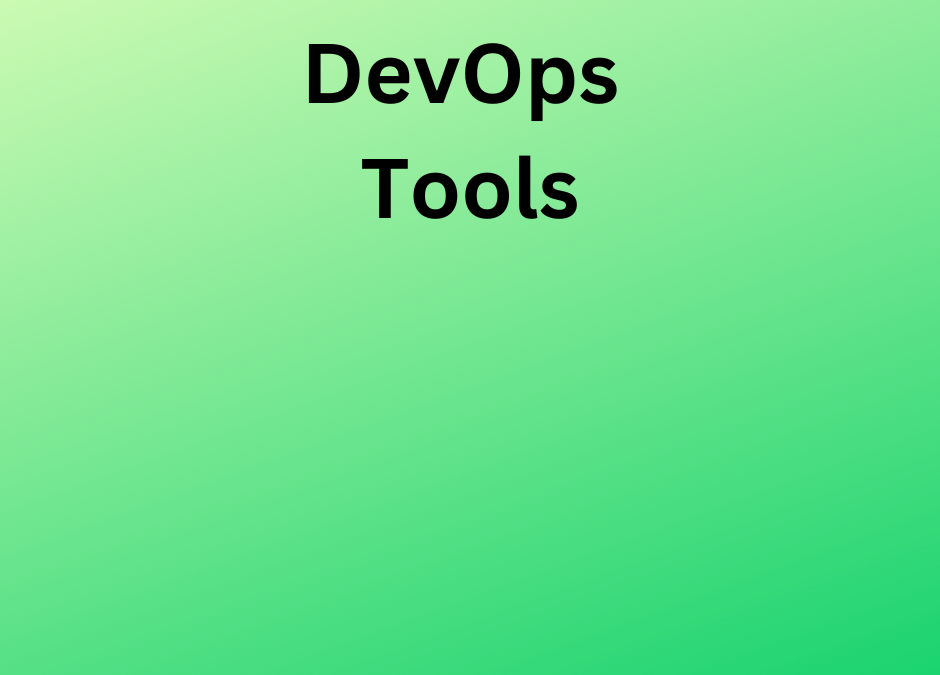DevOps, which stands for Development and Operations, is a set of practices that combines software development (Dev) and IT operations (Ops) to enable faster and more reliable software delivery. DevOps tools play a crucial role in automating, managing, and orchestrating various tasks involved in the software development lifecycle. Here are some popular DevOps tools:
- Version Control Systems:
- Git: Distributed version control system for tracking changes in source code.
- Subversion (SVN): Centralized version control system.
- Continuous Integration/Continuous Deployment (CI/CD):
- Jenkins: Open-source automation server for building, testing, and deploying applications.
- CircleCI: Cloud-based CI/CD platform.
- GitLab CI/CD: Integrated CI/CD platform provided by GitLab.
- Travis CI: CI/CD platform primarily for GitHub repositories.
- TeamCity: CI/CD server with advanced features from JetBrains.
- Configuration Management:
- Ansible: Open-source automation tool for configuration management, deployment, and orchestration.
- Chef: Infrastructure automation framework for managing and deploying infrastructure.
- Puppet: Configuration management tool for automating infrastructure provisioning and management.
- Containerization and Orchestration:
- Docker: Platform for creating and managing lightweight containers.
- Kubernetes: Container orchestration platform for automating deployment, scaling, and management of containerized applications.
- Docker Swarm: Docker-native clustering and orchestration solution.
- Infrastructure as Code (IaC):
- Terraform: Infrastructure provisioning and management tool that uses declarative configuration files.
- CloudFormation: Infrastructure provisioning tool provided by AWS.
- Azure Resource Manager (ARM) Templates: Infrastructure provisioning tool provided by Microsoft Azure.
- Monitoring and Logging:
- Prometheus: Open-source monitoring and alerting toolkit.
- ELK Stack: Elasticsearch, Logstash, and Kibana for centralized logging and log analysis.
- New Relic: Performance monitoring and application management tool.
- Datadog: Cloud-scale monitoring platform for infrastructure and applications.
- Collaboration and Communication:
- Slack: Team collaboration tool with channels, messaging, and integrations.
- Microsoft Teams: Unified communication and collaboration platform from Microsoft.
- Jira: Issue tracking and project management tool.
- Confluence: Collaboration wiki for creating and sharing content.
These are just a few examples, and there are many other DevOps tools available in the market. The choice of tools depends on specific requirements, technology stack, and team preferences.
DevOps training in coimbatore is a program or course designed to provide individuals with the knowledge and skills required to adopt and implement DevOps practices in software development and IT operations. DevOps is a set of principles, practices, and tools aimed at fostering collaboration and communication between software development teams and IT operations teams, with the goal of delivering software more rapidly, reliably, and efficiently.

